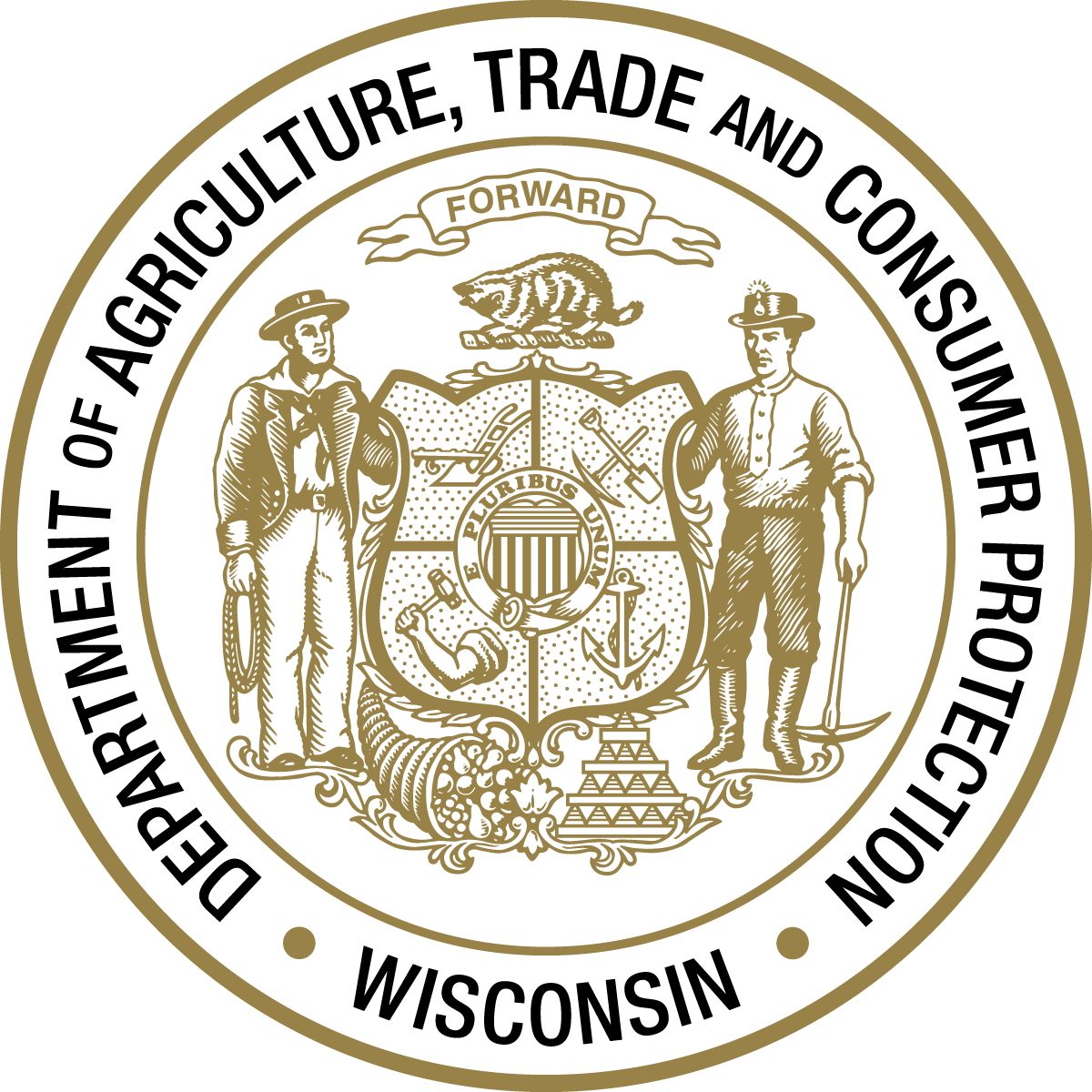Spongy Moth Aerial Spraying to Begin in May
MADISON, Wis. – The Wisconsin Department of Agriculture, Trade and Consumer Protection (DATCP) plans to treat select areas in nine western Wisconsin counties for spongy moth (Lymantria dispar) starting in May. Residents can expect loud, low-flying planes in the affected areas as early as sunrise.
A small yellow plane will be treating for invasive spongy moth caterpillars. These non-native insects defoliate many kinds of trees and plants during their caterpillar stage, causing tree stress and potentially tree death. In an attempt to slow their spread, treatment efforts will be focused in western Wisconsin, where spongy moth populations are limited or beginning to build.
Damaging impacts of spongy moth feeding include the cost of removing dead trees and potential loss of property value. In addition, caterpillars shed their skins several times as they feed, and these bristly skins can irritate the eyes, skin, and the respiratory system in humans.
Treatments are expected to begin in Wisconsin in May and end in mid-July. Maps of treatment areas are available at https://smaerialspray.wi.gov. Spraying will begin shortly after caterpillars hatch and depends on favorable weather conditions – calm winds, with no precipitation and high humidity. Planes may start applying treatments as early as 5 a.m., flying just above treetops over treatment sites, and continue until finished or as long as weather conditions remain favorable. Spraying may last into the late morning or early afternoon.
In late June to mid-July, planes will spray an organic, biodegradable mating disruptor containing spongy moth pheromone. Pheromone treatments target adult male moths by inhibiting their ability to locate female moths. The following counties are scheduled to receive mating disruptor: Dunn, Grant, and Lafayette.
Receive up-to-date information on treatment plans by signing up for email updates, calling the toll-free hotline at (800) 642-MOTH, emailing questions to spongymoth@wisconsin.gov, or following DATCP’s social media.
NOTE: This press release was submitted to Urban Milwaukee and was not written by an Urban Milwaukee writer. While it is believed to be reliable, Urban Milwaukee does not guarantee its accuracy or completeness.





















